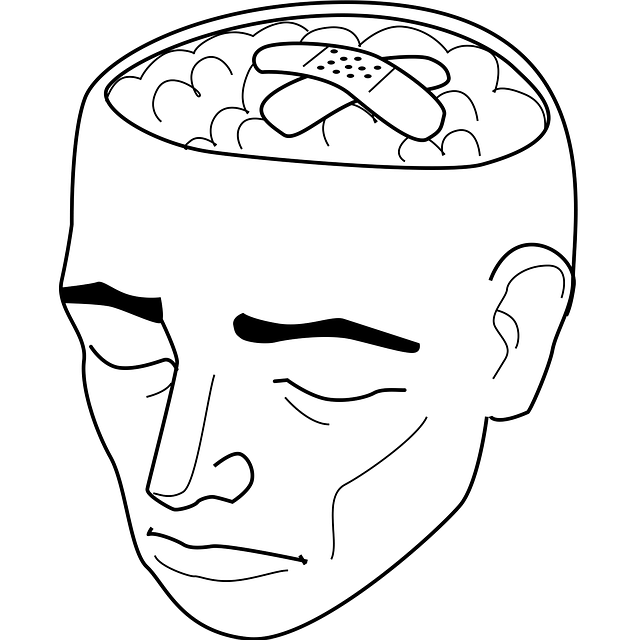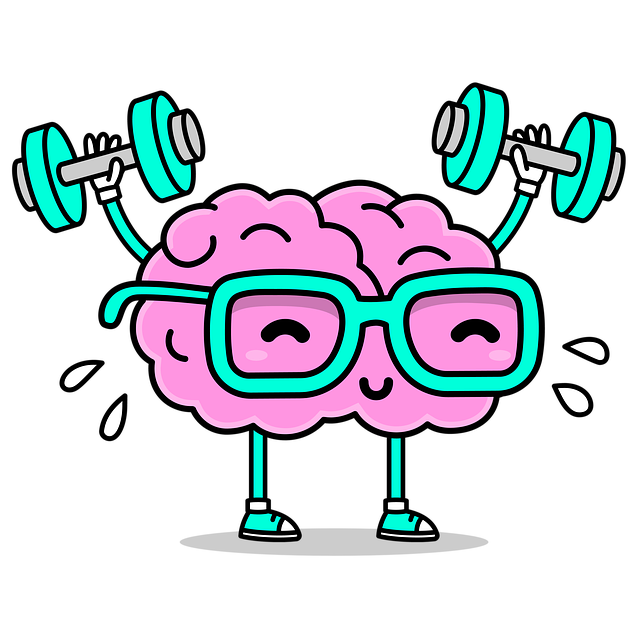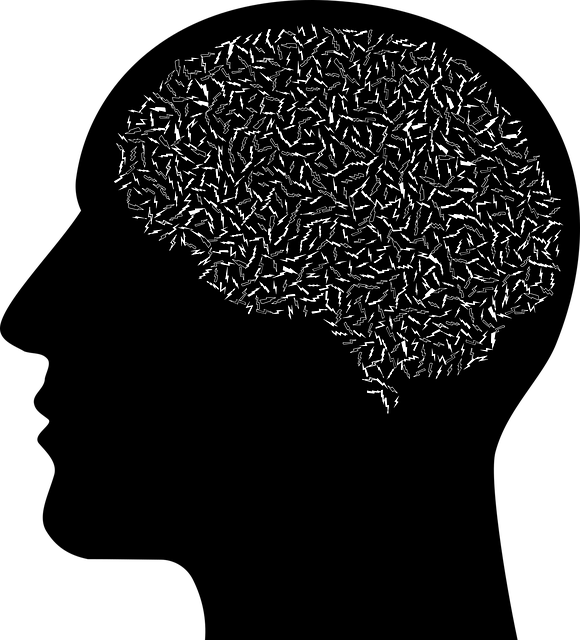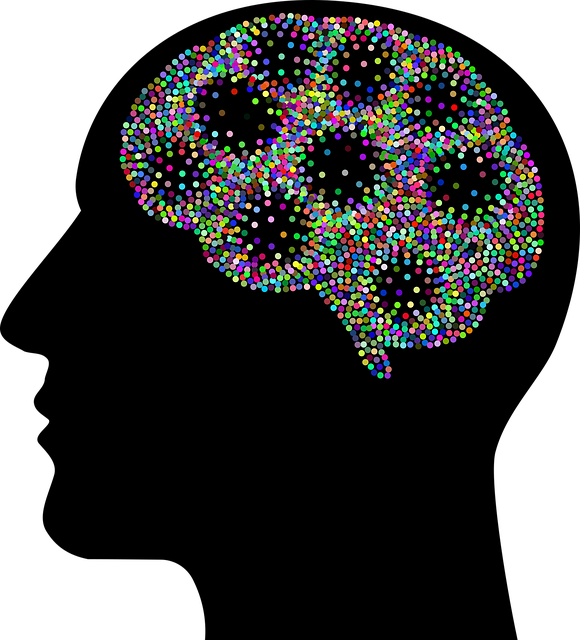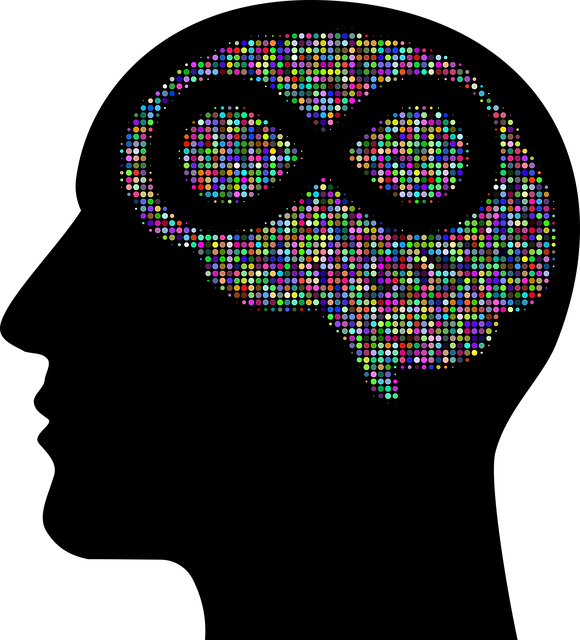Mental health literacy empowers individuals to support their own and others' well-being. Boulder Biofeedback Therapy (BBT), an evidence-based approach, teaches people to control physiological responses for emotional resilience. Integrating BBT into mental health programs offers both theoretical knowledge and practical tools for managing stress. Engaging content, interactive learning, and continuous adaptation through pilot testing and refinement ensure program effectiveness. BBT enhances emotional healing processes and promotes holistic well-being.
Mental health education programs play a pivotal role in fostering well-being. This article guides you through the intricate process of designing effective programs, beginning with establishing mental health literacy as a cornerstone. We explore evidence-based practices, including innovative techniques like Boulder Biofeedback Therapy, to enhance learning experiences. Additionally, we delve into creating interactive content and implementing strategies for successful assessment and adaptation, ensuring programs resonate and benefit participants over the long term.
- Understanding Mental Health Literacy: Unveiling the Foundation for Effective Program Design
- Incorporating Evidence-Based Practices: The Role of Techniques like Boulder Biofeedback Therapy
- Creating Engaging Content and Interactive Learning Experiences
- Implementation, Assessment, and Adaptation: Ensuring Long-Term Success and Impact
Understanding Mental Health Literacy: Unveiling the Foundation for Effective Program Design

Mental health literacy is a fundamental cornerstone upon which effective program design for mental health education initiatives rests. It involves equipping individuals with the knowledge, attitudes, and skills to understand and support their own mental well-being as well as that of others. By fostering mental health literacy, we empower folks to recognize signs of mental illness, dispel stigmas, and promote early intervention—crucial aspects in managing and preventing mental health challenges.
For instance, Boulder Biofeedback Therapy exemplifies an innovative approach leveraging the Mind Over Matter principles. This method teaches individuals to gain control over their physiological responses, ultimately enhancing emotional resilience and well-being. Integrating such evidence-based techniques into mental health education programs design ensures that participants not only grasp theoretical concepts but also develop practical tools for navigating life’s stressors. Moreover, comprehensive Risk Management Planning for Mental Health Professionals is essential to ensure the safety of both practitioners and clients, addressing potential risks inherent in providing mental health services.
Incorporating Evidence-Based Practices: The Role of Techniques like Boulder Biofeedback Therapy

Incorporating evidence-based practices is a cornerstone when designing mental health education programs. Techniques like Boulder Biofeedback Therapy (BBT) offer a powerful approach to enhancing well-being and self-regulation skills. BBT combines biofeedback technology with therapeutic guidance, empowering individuals to gain control over physiological responses related to stress, anxiety, and even mood disorders. This non-invasive method enables participants to learn how to manage their emotional intelligence by understanding and modulating their body’s reactions.
By integrating BBT into educational curricula, mental health programs can facilitate efficient emotional healing processes. The technique promotes mindfulness and awareness, allowing individuals to recognize triggers and develop coping mechanisms that support long-term mood management. This holistic approach not only enhances the effectiveness of mental health education but also ensures that learners are equipped with practical tools to navigate their emotional landscapes effectively.
Creating Engaging Content and Interactive Learning Experiences

In designing a mental health education program, creating engaging content and interactive learning experiences is paramount to ensure participants remain invested and derive maximum benefit from the sessions. Incorporating practical exercises, case studies, and role-playing scenarios can make abstract concepts tangible, fostering deeper comprehension and personal connection. For instance, integrating techniques like Boulder Biofeedback Therapy offers a hands-on approach to stress reduction methods, allowing individuals to experience firsthand how biofeedback signals can promote relaxation and improve mental health outcomes. This interactive learning not only enhances knowledge retention but also empowers participants with self-care tools they can apply in their daily lives, effectively bridging the gap between theory and practice.
Furthermore, leveraging interactive platforms, multimedia resources, and group discussions enables a dynamic learning environment that reflects the complexities of mental health issues. By engaging diverse learning styles, educators can cater to visual, auditory, and kinesthetic learners, ensuring everyone has opportunities to participate actively. Incorporating Trauma Support Services topics within these interactive sessions can address underlying fears and traumas, providing a safe space for participants to explore their experiences and develop coping mechanisms. This holistic approach not only enhances the program’s effectiveness but also prepares mental health professionals with robust skill sets, including effective risk management planning, enabling them to navigate challenging situations with confidence and care.
Implementation, Assessment, and Adaptation: Ensuring Long-Term Success and Impact

Effective mental health education programs require a thoughtful approach to implementation, assessment, and adaptation to ensure long-term success and impact. Upon launch, programs should be pilot-tested with key stakeholders, including healthcare professionals and community members, to gather initial feedback and make necessary adjustments. This iterative process, guided by continuous assessment, allows for the refinement of content, delivery methods, and engagement strategies, ensuring relevance and effectiveness over time.
Regular monitoring of program outcomes is crucial. By measuring participants’ emotional regulation skills, mental illness stigma reduction efforts, and adoption of mind over matter principles, educators can gauge the program’s success in cultivating healthier minds. These insights enable targeted adjustments to meet evolving community needs, ensuring that Boulder Biofeedback Therapy remains a dynamic force in fostering well-being and resilience.
Mental health education programs thrive on a solid foundation of understanding and evidence. By integrating literacy strategies with evidence-based practices such as Boulder Biofeedback Therapy, we can create engaging content that fosters meaningful learning experiences. Implementation, assessment, and adaptability are key to ensuring these programs have a lasting impact, promoting mental well-being, and enhancing overall quality of life for individuals equipped with these vital skills.
